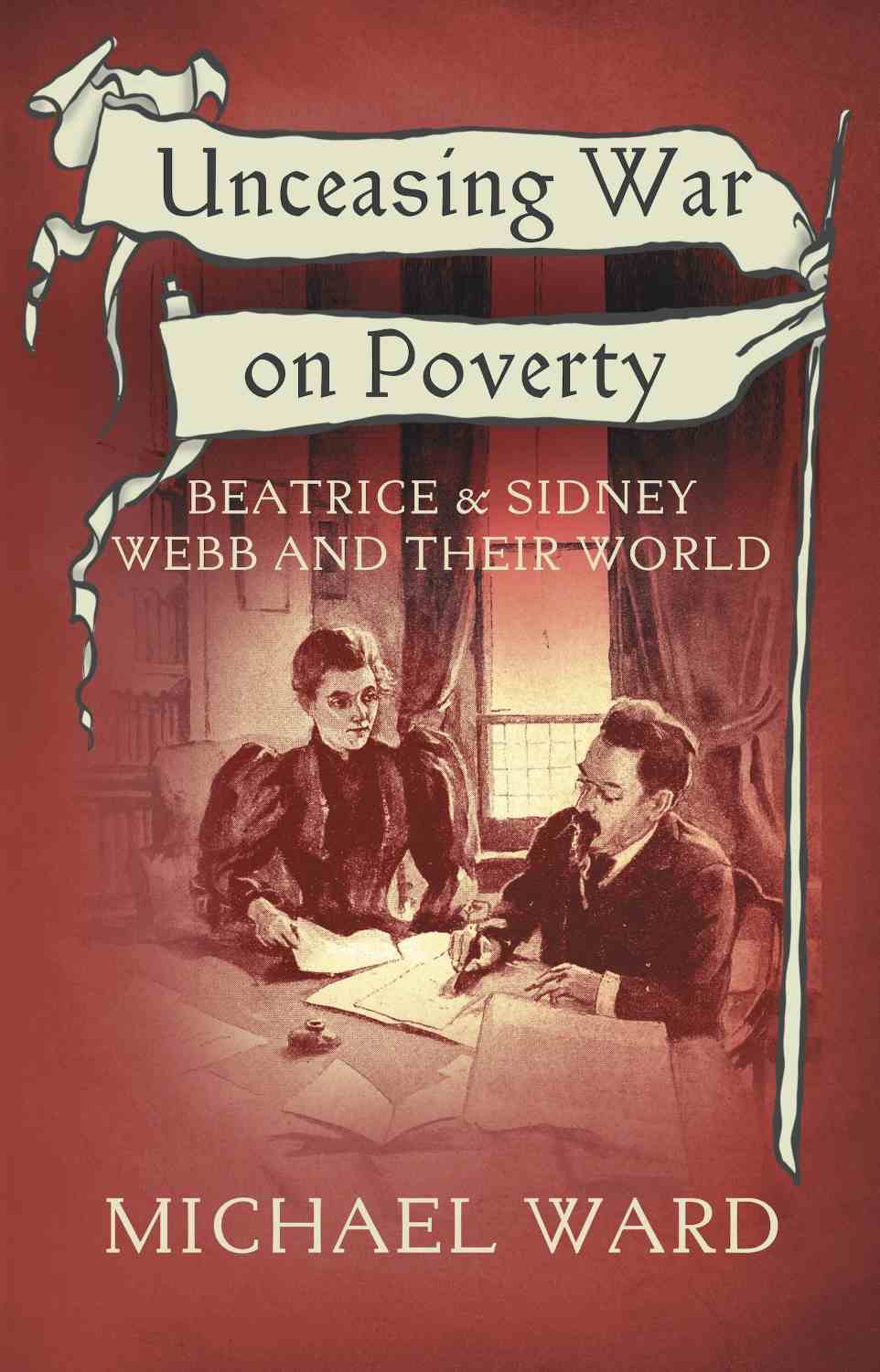'This is the story I wanted to hear': Lord Knight reviews 'Unceasing War on Poverty'
Beatrice and Sidney Webb | Image by: colaimages / Alamy Stock Photo
4 min read
Compelling and comprehensive, though at times too long, Michael Ward has produced an illuminating study of Beatrice and Sidney Webb
During a chat with Dianne Hayter in the voting lobby, she told me she had been to the launch of a new book about Beatrice and Sidney Webb. I volunteered the information that I am very distantly related to Sidney Webb (first cousin four times removed) and so was instantly drawn to read this impressive new history of this most extraordinary couple who did so much foundational work for progressive politics in Britain.
Their list of achievements is staggering. They co-founded the London School of Economics and the New Statesman; they shaped the Fabian Society in its formative decades. They coined the phrase “collective bargaining” in their authoritative book on trade unionism. He redesigned secondary education in London and wrote Clause IV of the Labour Party constitution; her minority report of the Royal Commission on the Poor Laws became a national campaign and formative thinking for the welfare state.
Tragically their reputation in later life was tarnished by their blind defence of Soviet Russia, despite the obvious human rights abuses by Vladimir Lenin and Joseph Stalin. Nevertheless they remain titans of 20th-century British politics and are the only married couple to be commemorated by having their ashes interred together in Westminster Abbey.
Michael Ward’s new book is extensive and sheds light on how Beatrice and Sidney operated as a couple. This is the story I wanted to hear.
Beatrice came close to marrying Joseph Chamberlain but feared being dominated by him. By contrast Sidney gave Beatrice the space to flourish individually. They wrote together and worked as a unit in driving forward their ideas, first in trying to influence both the Tory and Liberal governments and then devoting themselves to the Labour Party.
The Webbs understood the power of social networking
For many years they lived in Grosvenor Road, where Millbank Tower now stands. Seemingly every week they would serve very ordinary food to the movers and shakers of the day. Prime ministers, party leaders, politicians, intellectuals and ambassadors were regular guests. George Bernard Shaw, HG Wells, Virginia Woolf and Bertrand Russell were in and out of their set. Their network was maintained when they moved to Haselmere in later life, and the great and the good continued to enjoy their hospitality. In the words of Shaw their salon was the “social cultivation of the Socialist Party.”
The Webbs clearly understood the power of social networking. They also appeared to understand the importance of hard work. They knew that most frontline politicians don’t have time for detail and that those that did the detailed work and built the evidence could then use it to drive policy change. Ward’s book gives the impression that in this respect Sidney did more of the evidence-building and Beatrice more of the thinking.
They were clearly a very happily married couple. They decided against children. Beatrice wrote, “Are the books we have written worth the babies we might have had?”. Clearly the challenges of juggling public life and family life go back along way. But politically there is no doubt that they achieved so much more together than they could have on their own.
 I couldn’t help but reflect on how they would have operated in today’s politics. Whilst Sidney served as a cabinet minister he does not appear to have been a great Parliamentary performer. Perhaps Beatrice would have done better. Indeed they could have been something more a kin to Margaret and Leo Beckett, who in my lifetime showed me the power of a couple working as one in politics.
I couldn’t help but reflect on how they would have operated in today’s politics. Whilst Sidney served as a cabinet minister he does not appear to have been a great Parliamentary performer. Perhaps Beatrice would have done better. Indeed they could have been something more a kin to Margaret and Leo Beckett, who in my lifetime showed me the power of a couple working as one in politics.
Ward’s book has compelling sections where this story of Beatrice and Sidney comes alive.
At other times it is more of a history of the early 20th century with all the characters of the time featuring and emerging, from Herbert Asquith and Arthur Balfour through to William Beveridge, John Maynard Keynes, Clement Attlee, Oswald Mosley and Winston Churchill.
It is a comprehensive history, which at times felt too long, but I am truly grateful to the author for shining a light on the many facets of Beatrice and Sidney. They deserve more attention and I would recommend this to anyone interested in how progressive Labour politics emerged, and how the thinking behind the Attlee government was forged.
Lord Knight is a Labour peer
Unceasing War on Poverty: Beatrice & Sidney Webb and their World
By: Michael Ward
Publisher: The Conrad Press
